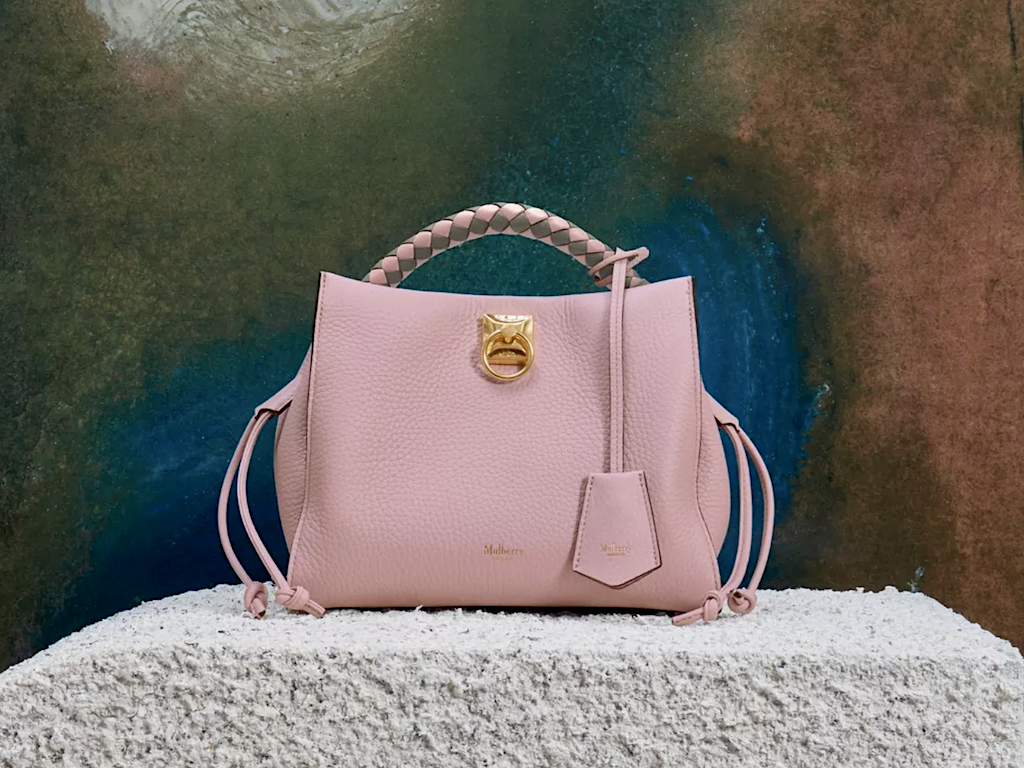3 Mins Read
British luxury fashion brand Mulberry has announced that they will stop using any exotic animal materials going forward. While consumer interest in animal-free lines have been steadily rising in recent years, the latest move comes amidst the pandemic, which has spotlighted the dangers of the wild and exotic animal trade in particular.
As more consumers begin to take note of the fashion industry’s role in propping up the trade in exotic animals, which has undergone much deeper scrutiny since the pandemic struck, Mulberry has pledged to cease using any wild and exotic animal materials in its collections going forward. This decision means that the company will no longer use any alligators, ostriches, crocodiles, snakes and lizard skins in its products.
Rosie Wollacott, Group Sustainability Manager for Mulberry commented that after continuous deliberation of its sustainability targets, “At an early stage of this process, we decided not to use exotics in our collections and this remains our position.”
While the origins of the ongoing coronavirus pandemic continues to unfold, many experts and scientists believe that there is a link between the initial outbreak and the market in Wuhan that also sold wild animals. Most epidemiologists have said that the zoonotic disease itself is likely to have come from bats, and was transmitted to humans via an intermediary host animal, which could have been involved in the illegal wildlife trade.
Other brands already had bans in place against the use of exotic animals in their lines, including Chanel, Diane von Furstenberg, Victoria Beckham and Paul Smith.
Mulberry, which had previously committed to ban the use of fur in its products, will continue to use leather. The company says that the leather is sourced as a “by-product of food production”, but this means that the brand is still not 100% animal-free.
Animal-free, cruelty-free and vegan fashion has grown in popularity in recent years, even prior to the pandemic, as more shoppers become conscious of the animal welfare, ethical and environmental issues of fashion. Many consumers have shunned the use of leather, for example, and have opted for animal-free alternatives.
Iconic footwear brand Dr. Marten’s saw the sales of its vegan boots skyrocket by an astonishing 279%. Meanwhile, Swedish fast fashion behemoth H&M will be making a number of eco-friendly and plant-based products using vegan leather derived from wine waste, and global sportswear giant Reebok revealed its launch for the first plant-based performance running shoe.
In a recent report, analysts say that the evolving awareness about animal welfare and environmental footprint of fashion will continue to drive the growth of the vegan leather industry, with demand projected to rise by an annual rate of nearly 50% to reach US$89.6 billion by 2025.
The spike in demand for cruelty-free and vegan products has led to certification bodies and regulators to step up protocols to verify businesses in the industry. In February, British Retail Consortium (BRC) set out new guidelines to ensure that vegan fashion items are 100% free of animal and animal-derived products throughout the company’s supply chain.
Friend of the Earth, the certification body under the World Sustainability Organisation (WSO), also launched a new standard for sustainable fashion which covers sourcing, production methods and waste reduction amongst its requirements.
Read more of the latest sustainable fashion news here.
Lead image courtesy of Mulberry.




